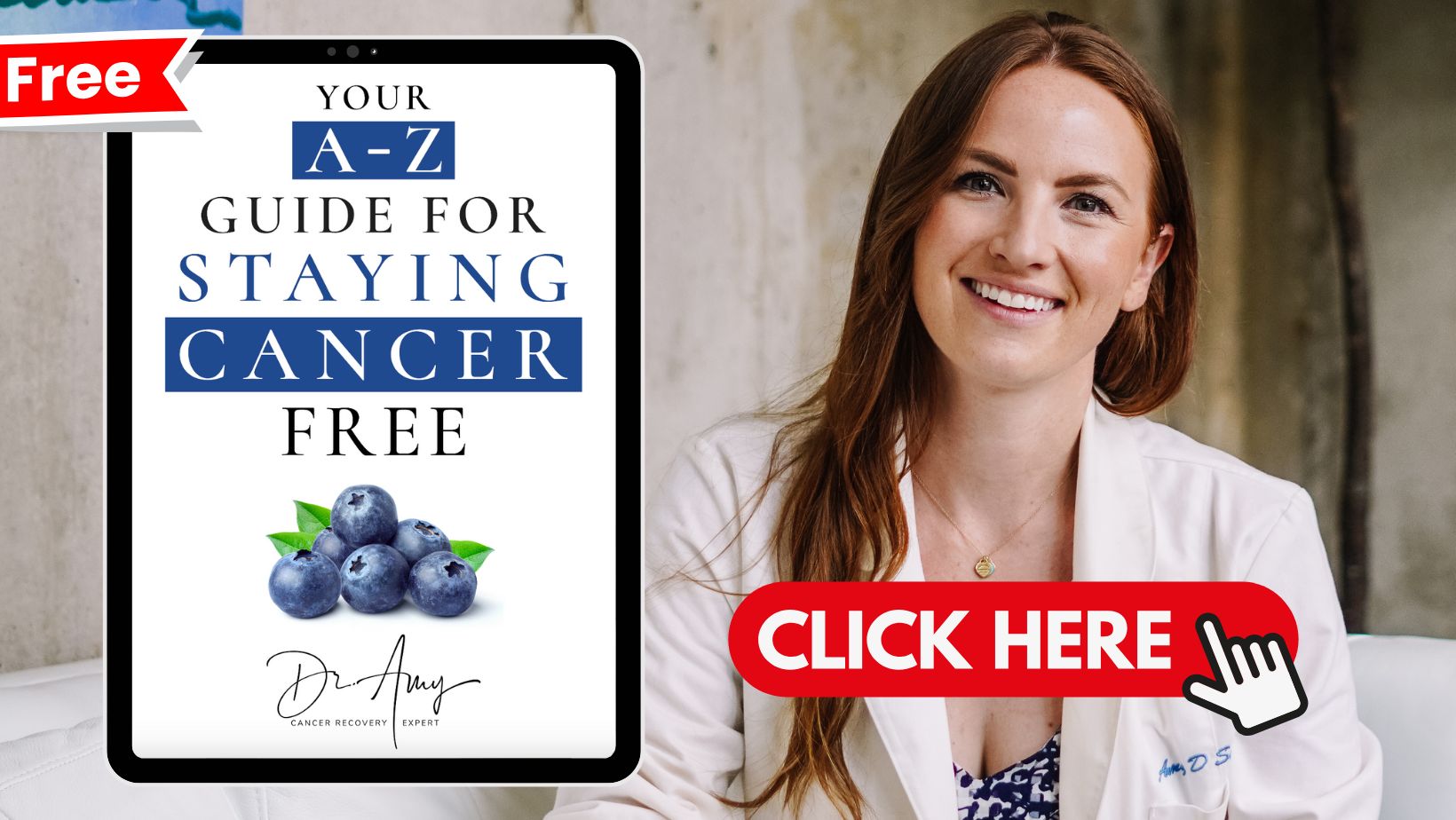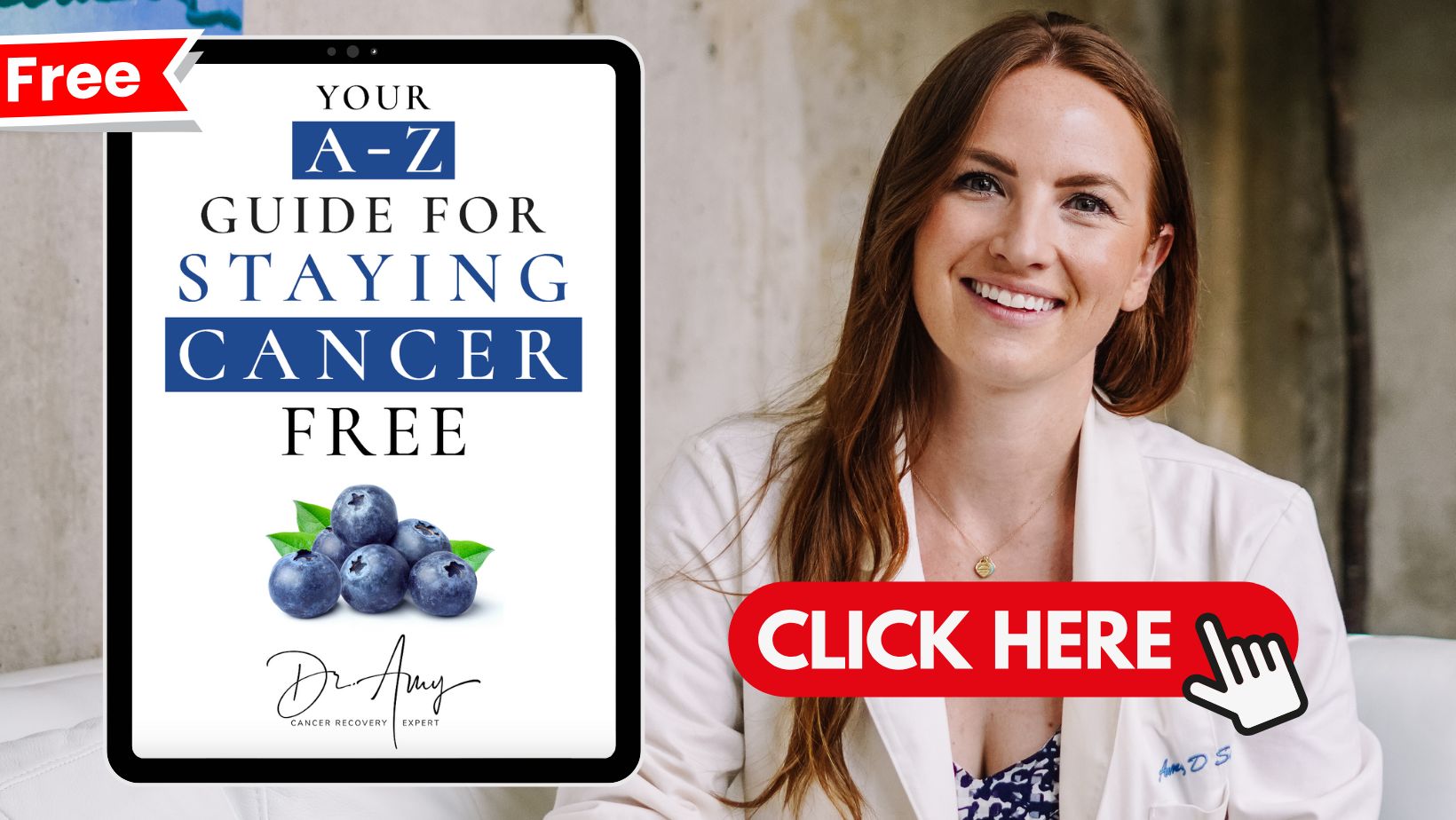Cancer Dies When You Eat These 12 Foods (Cancer SECRETS)
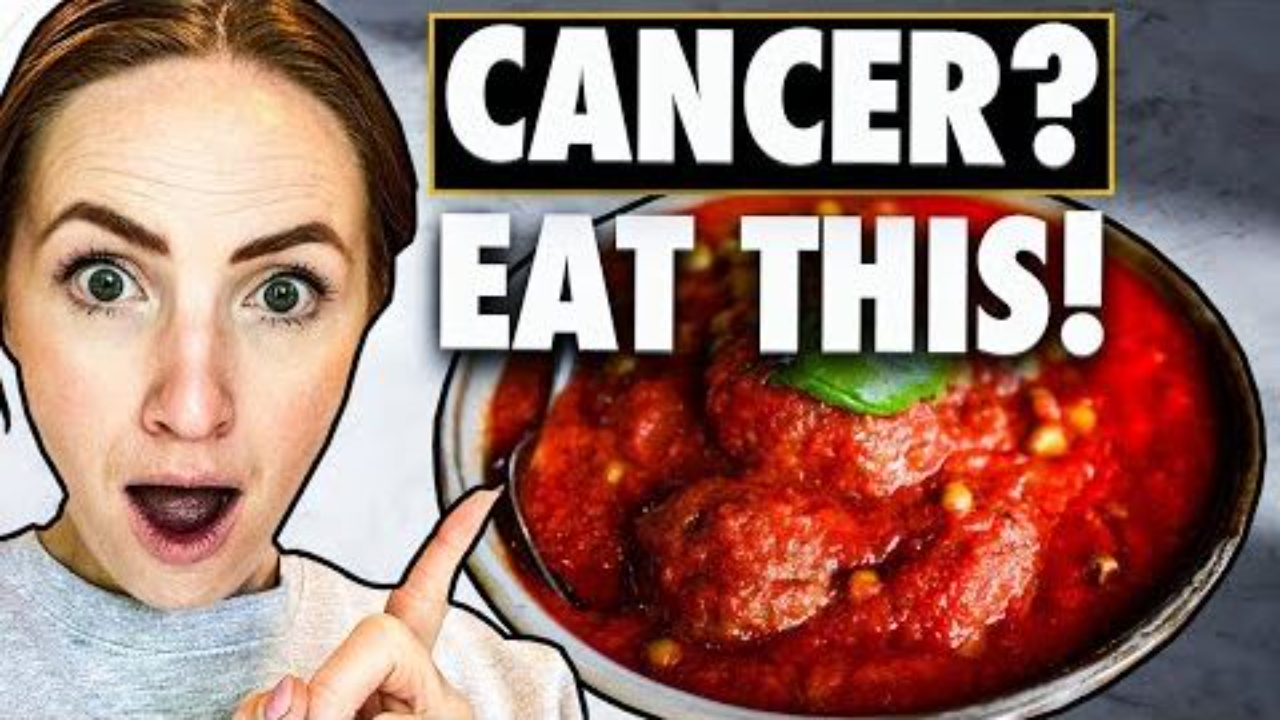
The food you eat after cancer matters—whether you’re newly diagnosed, years out of treatment, or even just at high risk. Your daily choices can either fuel cancer or help your body fight it.
There is no single “miracle food” that prevents cancer on its own. But when you consistently eat a combination of nutrient-rich, antioxidant-packed foods, you create a diet that strengthens your body, restores your immune system, and reduces your risk of recurrence.
Here are 12 foods that research shows can help lower your cancer risk and support long-term recovery.
1. Berries
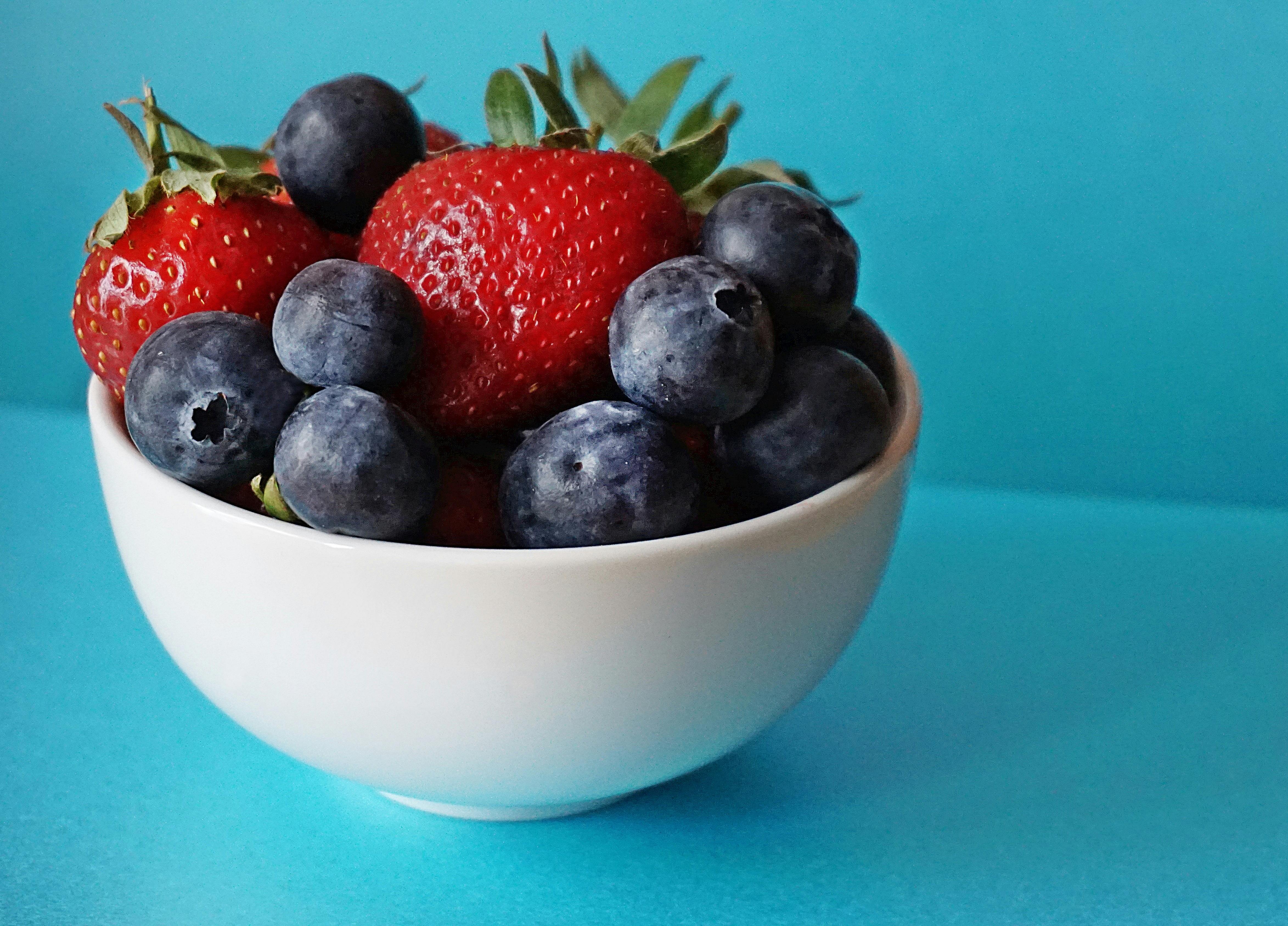
Blueberries, raspberries, and blackberries are small but mighty. They’re loaded with antioxidants like anthocyanins, vitamin C, and fiber—all of which help lower the risk of cancer.
Antioxidants protect your cells from damage, while fiber supports hormone balance and gut health—two key areas for cancer prevention. This is often the very first change I recommend to women who work with me because it’s simple, delicious, and effective.
Practical tip: keep fresh berries on hand when they’re in season, and stock your freezer with frozen ones the rest of the year. Toss them into oatmeal, sprinkle them on yogurt, or blend them into smoothies. Even a small daily serving can have a big impact.
2. Citrus Fruits
Cancer treatments and stress deplete your antioxidant reserves. When levels are low, your immune system is weaker—leaving you more vulnerable to both infections and recurrence. Citrus fruits help replenish those stores.
Oranges, lemons, limes, and grapefruits are rich in vitamin C, one of the most powerful antioxidants for immune support. Research shows they may be particularly protective against breast, endometrial, and colorectal cancers.
Practical tip: Start your morning with lemon water, snack on clementines, or squeeze lime over roasted veggies. The goal is regular, consistent intake so your antioxidant levels stay high.
3. Garlic
Garlic contains organosulfur compounds that slow cancer cell growth and support detoxification. While garlic supplements are popular, eating garlic in food has the strongest evidence behind it.
Here’s a secret: crushing or chopping garlic and letting it rest for a few minutes before cooking helps activate its beneficial compounds. Pair it with tomatoes, cruciferous vegetables, or soups for a flavor boost that doubles as cancer protection.
Practical tip: add minced garlic to pasta sauce, stir-fries, or roasted vegetables. It’s one of the simplest daily habits you can build.
4. Tomatoes
Tomatoes are rich in lycopene, a potent antioxidant linked to reduced cancer risk. What makes tomatoes unique is that cooking them actually increases the availability of lycopene, making tomato sauces and soups especially powerful.
One survivor I worked with created a one-pot soup using tomatoes, cauliflower, lentils, turmeric, and garlic—a perfect example of layering multiple cancer-fighting foods together.
Practical tip: enjoy tomato-based sauces, roasted tomatoes, or even tomato soup with whole-grain bread. Pairing tomatoes with a little olive oil boosts lycopene absorption even more.
5. Cruciferous Vegetables
Broccoli, cauliflower, kale, Brussels sprouts—these belong to the cruciferous vegetable family. They contain compounds called glucosinolates, which help deactivate carcinogens and protect healthy cells.
They’re also excellent sources of fiber. Cultures with higher fiber intake consistently show lower cancer rates, and cruciferous vegetables are one of the easiest ways to boost daily fiber.
Practical tip: if raw broccoli or kale feels overwhelming, start with cooked versions. Roast cauliflower with olive oil, stir-fry Brussels sprouts with garlic, or blend kale into soups. Use dips like hummus or tzatziki if that makes it easier to eat more veggies—consistency matters more than perfection.
6. Leafy Greens
Spinach, Swiss chard, kale, and other leafy greens are loaded with vitamin C, antioxidants, and fiber. They form the backbone of a plant-forward diet, which is one of the most consistent recommendations across cancer-prevention guidelines.
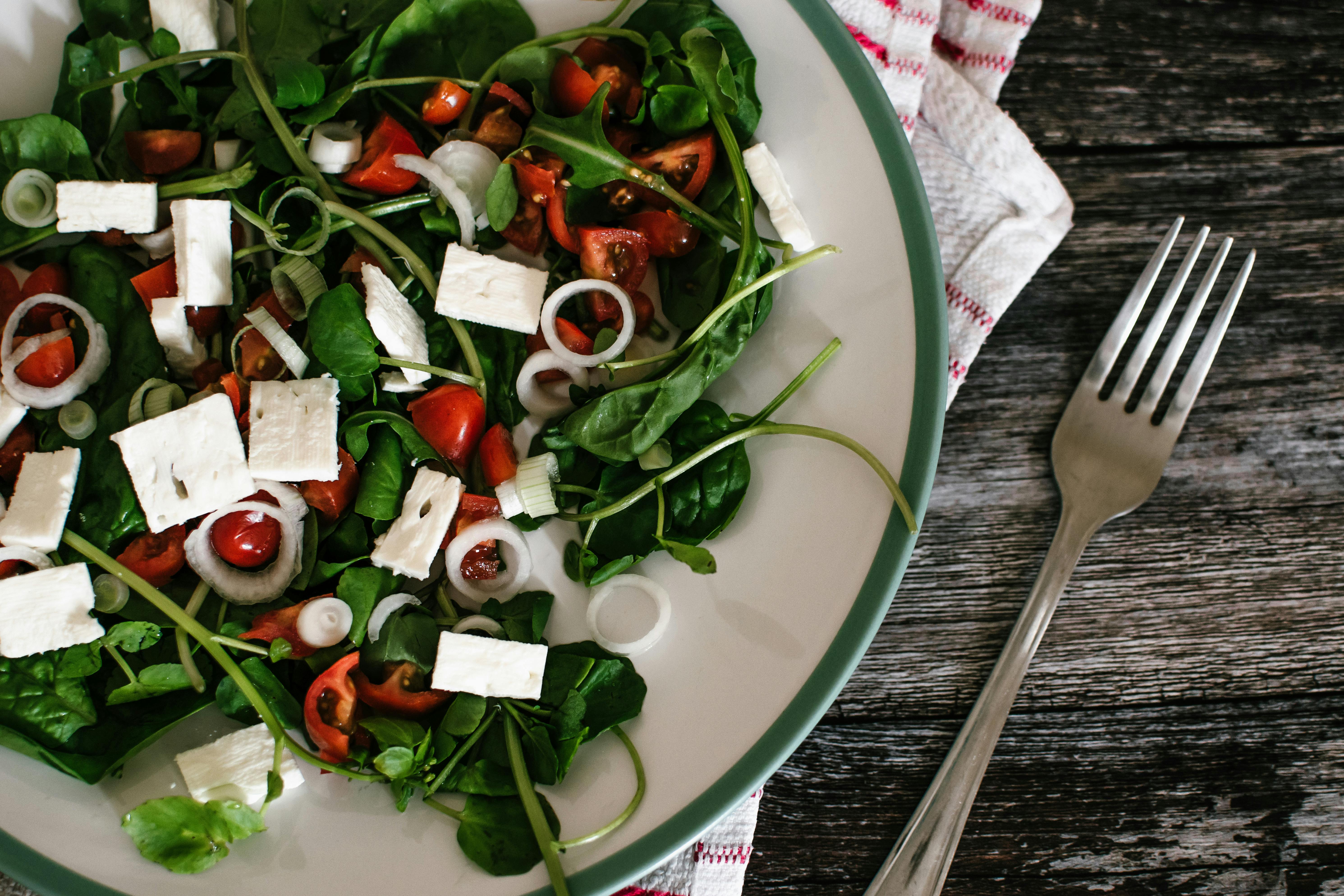
Eating plant-forward doesn’t mean you need to give up animal products. It simply means making plants the majority of your plate. Aim for vegetables to cover half of your plate at each meal. It may seem like a lot at first, but this single shift can profoundly reduce recurrence risk.
Practical tip: add spinach to your morning eggs, toss leafy greens into soups, or make a side salad with dinner. Over time, building meals around plants will feel natural.
7. Green Tea
Green tea is rich in flavonoids—compounds that reduce the risk of breast, colorectal, and prostate cancers. But beyond prevention, it can also help survivors struggling with “chemo brain.”
Brain fog, memory lapses, and trouble focusing are common after treatment. The flavonoids in green tea support brain health and mental clarity. Switching to decaf green tea allows you to enjoy it daily without excess caffeine.
Practical tip: replace one cup of coffee with green tea, or sip it in the afternoon for a gentle boost.
8. Seeds and Nuts
Almonds, walnuts, pumpkin seeds, flax, and chia seeds are nutrient-dense foods packed with healthy fats, antioxidants, and fiber. They provide satiety and deliver protective compounds in small servings.
But there’s a caveat: weight management is critical after cancer, since excess body weight increases recurrence risk. Many survivors, myself included, gain weight during treatment. Seeds and nuts are calorie-dense, so portion control is key.
Practical tip: sprinkle a tablespoon of chia seeds into yogurt, top salads with walnuts, or stir flaxseed into oatmeal. Small, measured servings are all you need.
9. Fatty Fish
Salmon, sardines, and mackerel are rich in omega-3 fatty acids, which reduce inflammation and lower recurrence risk—especially in breast cancer survivors.
When comparing diets like keto, carnivore, or Mediterranean, the Mediterranean diet consistently shows the strongest evidence for lowering cancer recurrence. Fatty fish are a cornerstone of that diet.
Practical tip: aim for one to two servings per week. Grilled salmon, sardine salads, or baked mackerel are all simple, nutrient-rich options.
10. Beans and Legumes
Lentils, chickpeas, black beans—these are underused but incredibly powerful foods for survivors. They’re high in fiber and contain compounds shown to reduce colorectal cancer risk specifically.
They also stabilize blood sugar, support gut health, and provide plant-based protein. Yet, most people rarely eat them.
Practical tip: add beans to soups and salads, blend chickpeas into hummus, or cook a batch of lentils to use as a side dish through the week.
11. Whole Grains
Brown rice, oats, quinoa, and whole wheat bread all deliver fiber, antioxidants, and essential vitamins. Whole grains reduce inflammation, improve digestion, and support a steady release of energy—important for survivors recovering from fatigue.
There’s a clear pattern: foods rich in fiber and antioxidants consistently lower cancer risk, and whole grains are one of the easiest ways to make sure you’re getting enough.
Practical tip: swap refined carbs for whole grain versions whenever possible—like oatmeal instead of sugary cereal or quinoa instead of white rice.
12. Turmeric (With Caution)
Turmeric contains curcumin, a compound with strong anti-inflammatory and anti-cancer properties. It’s been studied in several cancer types, showing potential benefits for prevention and recurrence reduction.
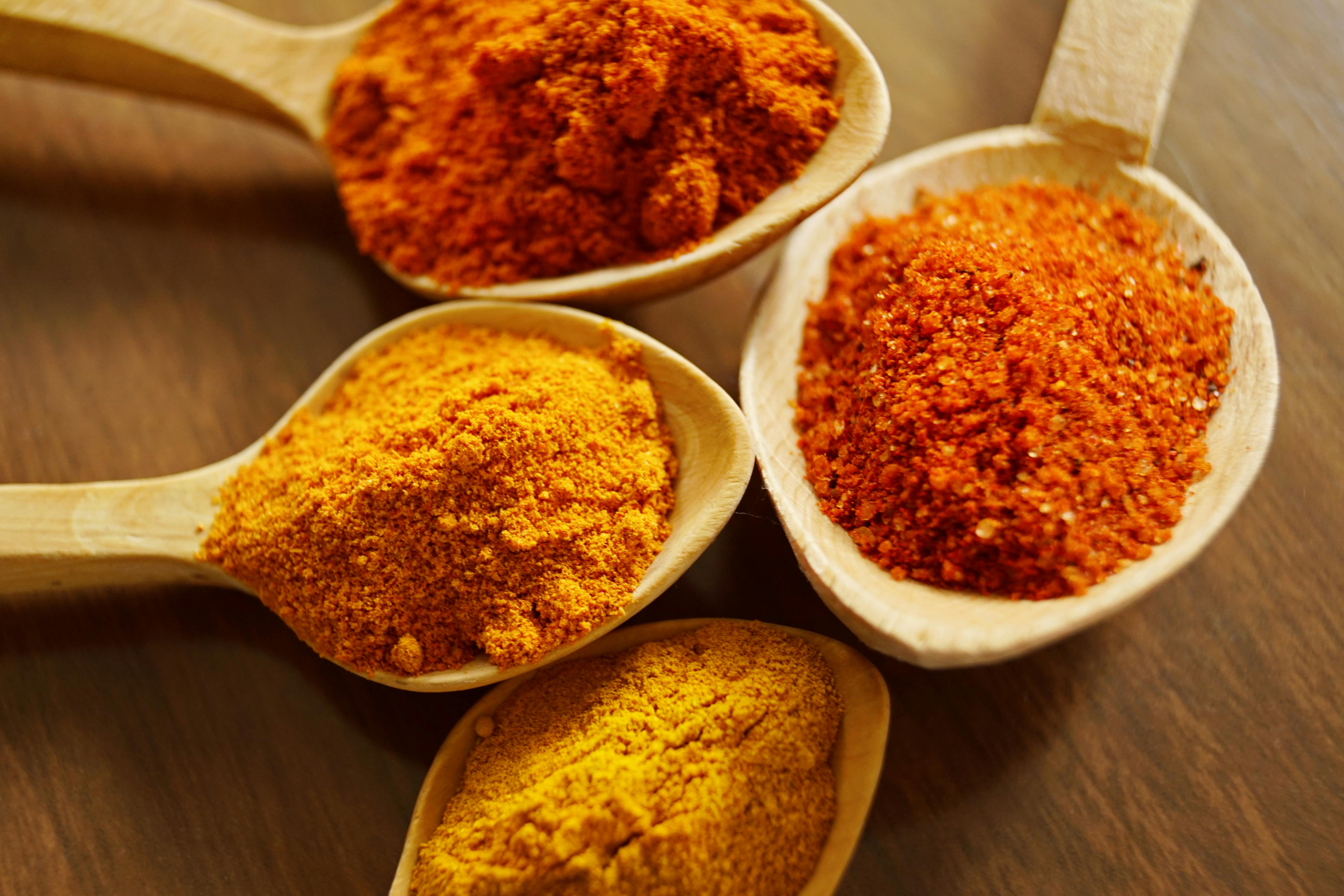
However, if you’re taking tamoxifen, turmeric can interfere with how the drug works, making it less effective. For survivors not on tamoxifen, turmeric can be safely included in food as part of soups, teas, or curries.
Practical tip: add turmeric to lentil soup, blend it into golden milk, or sprinkle it into stir-fries. Always focus on food sources first.
Putting It All Together
No single food will keep you cancer-free. But when you consistently eat a wide variety of antioxidant-rich, fiber-packed, plant-forward foods, you create the strongest defense possible.
Nutrition is just one part of the equation. But if you really want to optimize your nutrition for cancer fighting, then it needs to be customized to you.
That's exactly what I do for my patients inside the Cancer Freedom Program. If you are ready for the high level, personalized support you need to leave cancer in the past, then apply now!
Dr. Amy Morris
Cancer Freedom Program
